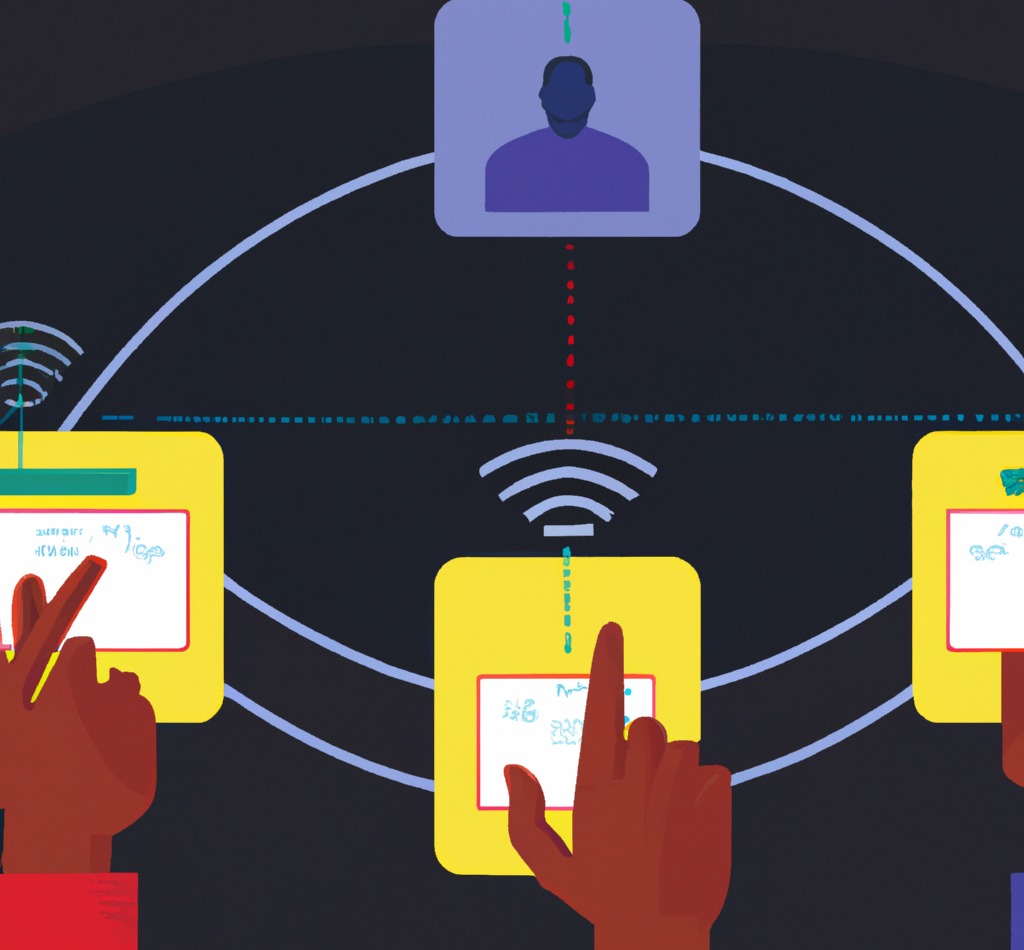Here are some tips to secure your privacy now:
Use strong passwords and enable two-factor authentication (2FA). Your passwords should be at least 12 characters long and include a mix of upper and lowercase letters, numbers, and symbols. You should also use a different password for each of your online accounts. 2FA adds an extra layer of security to your accounts by requiring you to enter a code from your phone in addition to your password when you log in.
Be careful about what information you share online. Only share information with websites and apps that you trust. Avoid sharing personal information on social media, such as your home address or phone number.
Review your privacy settings on social media and other websites. Make sure that your information is not publicly visible. Limit who can see your posts and profile information.
Use a VPN when you are connected to public Wi-Fi networks. A VPN encrypts your traffic and hides your IP address, making it more difficult for others to track your online activity.
Keep your software up to date. Software updates often include security patches that can help to protect your devices from malware and other threats.
Be careful about what links you click on and what attachments you open. Phishing emails and malicious attachments are a common way for scammers to steal personal information and infect devices with malware.
Be aware of the latest privacy scams. Scammers are constantly coming up with new ways to steal personal information. Be wary of any unsolicited emails, phone calls, or text messages that ask for personal information.
You can also use a variety of tools to help you manage your privacy, such as:
Password managers: A password manager can help you to create and store strong passwords for all of your online accounts.
Ad blockers: Ad blockers can help to prevent advertisers from tracking your online activity.
Privacy-focused search engines: Privacy-focused search engines do not track your search history or collect personal information about you.
By taking steps to secure your privacy, you can protect yourself from identity theft, fraud, and other online threats.
